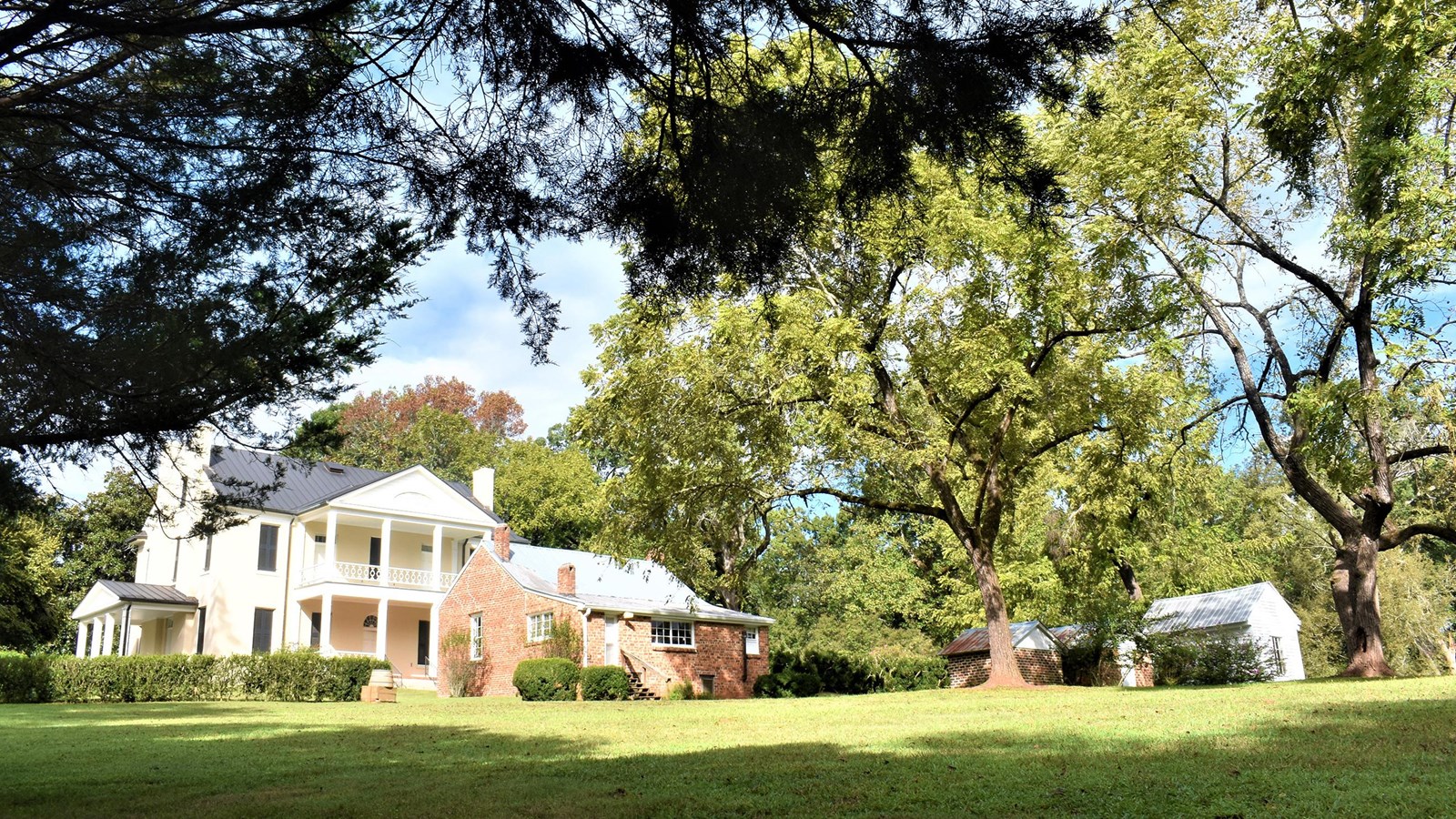Last updated: October 28, 2020
Place
Rose Hill Plantation State Historic Site

Rose Hill Plantation State Historic Site
Rose Hill Plantation State Historic Site (South Carolina) preserves the Gist family plantation in Union, SC. Listed in the Reconstruction Era National Historic Network, the park interprets the experiences of formerly enslaved people after emancipation.
Rose Hill Plantation State Historic Site is a state park located in Union, South Carolina. Listed in the National Register of Historic Places and the Reconstruction Era National Historic Network, Rose Hill was once part of a large cotton plantation owned by “Secessionist Governor” William Henry Gist, who by the start of the Civil War enslaved nearly 200 people.
Many of the people enslaved at Rose Hill left the plantation when they became free in 1865, though some chose to stay and forge a new life in freedom. In 1866, just following emancipation, 66 freedmen formed labor contracts with Gist to be tenant farmers at Rose Hill. By 1868, at least 17 family units of freedpeople lived at Rose Hill as tenant farmers. Freedmen such as Vardy and Clayborn Gist exercised their new rights by enrolling in the state militia and registering to vote as they formed communities and established churches and schools in the area around Rose Hill.
The Reconstruction Era offered many new opportunities and freedoms to formerly enslaved people, but it was also a turbulent and violent era. Union County, where Rose Hill was and currently is located, was a hotbed of Ku Klux Klan violence during and after Reconstruction. Rose Hill tenant farmers likely would have been careful about expressing political views and exercising their new freedoms since two of their employer’s sons, Richard and David Gist, were leaders in the Klan. The Gists and their accomplices were accused of committing crimes that aimed to preserve white supremacy and power. Violence in Union County was so pervasive in 1870-71 that white Democrats regained control of elective offices by 1872.
While only two original plantation buildings, the big house and the kitchen house, stand on the park’s grounds, ruins of several tenant houses dot the landscape of Rose Hill Plantation State Historic Site. These ruins remain as a testament to the tenant farmer families who forged lives of freedom at Rose Hill during hopeful, uncertain, and violent times.
